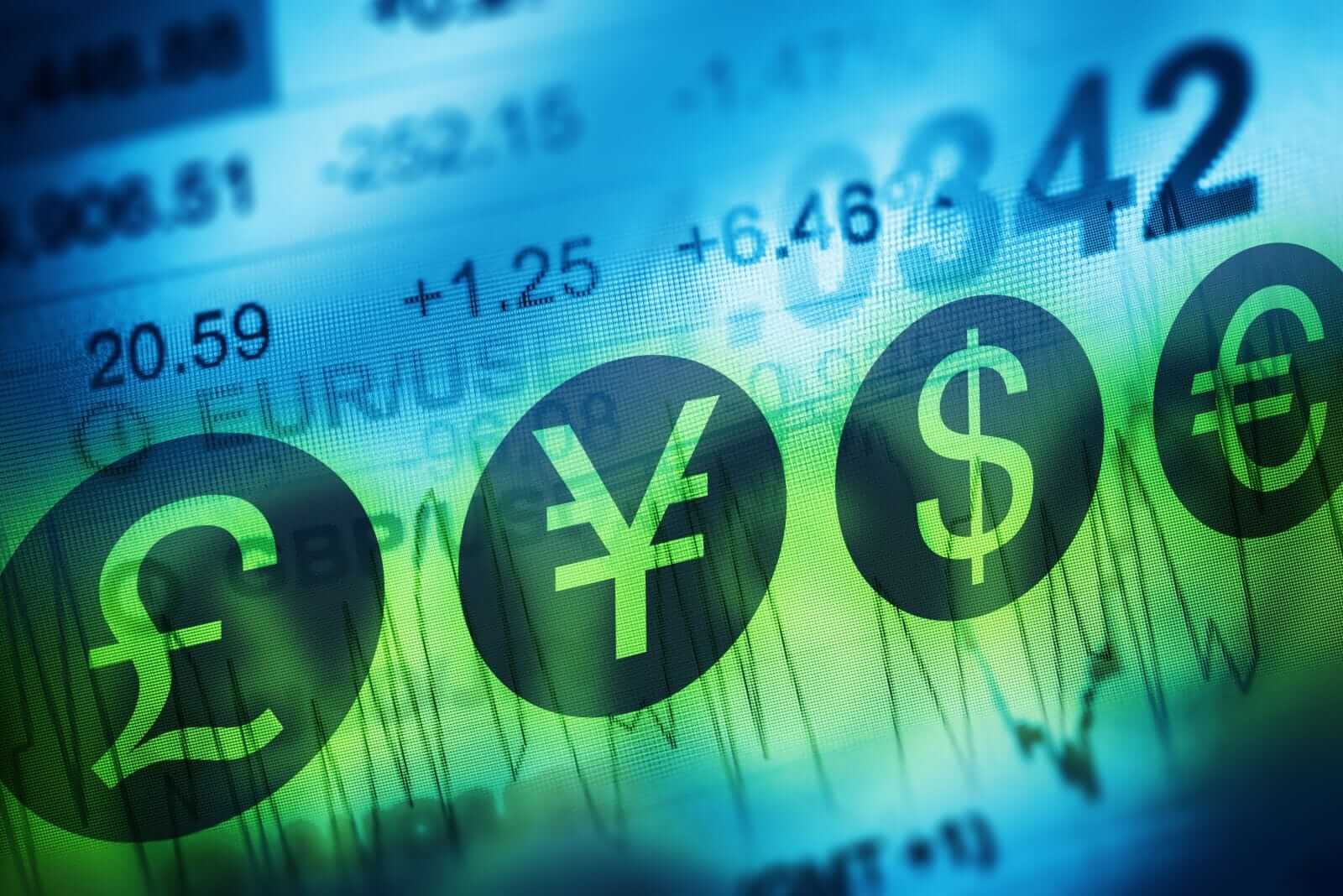
The dollar index (DXY00) on Thursday rose by +0.35% and posted a 2-1/4 month high. Thursday’s better-than-expected U.S. economic reports on weekly jobless claims and Q1 GDP were hawkish for Fed policy and supportive of the dollar. Also, the jump in the 10-year T-note yield Thursday to a 2-1/2 month high strengthened the dollar’s interest rate differentials and was bullish for the dollar. In addition, concern about a slowdown in China’s recovery knocked the yuan down to a 5-3/4 month low against the dollar.
U.S. weekly initial unemployment claims rose +4,000 to 229,000, showing a stronger labor market than expectations of 245,000.
U.S. Q1 GDP was revised upward to +1.3% (q/q annualized) from +1.1% as Q1 personal consumption was revised upward to 3.8% from 3.7%. The Q1 core PCE deflator was revised upward to 5.0% from 4.9%.
The U.S. Apr Chicago Fed national activity index unexpectedly rose +0.44 to 0.07, stronger than expectations of a decline to -0.20.
U.S. Apr pending home sales were unchanged m/m, weaker than expectations of +1.0% m/m.
Thursday’s comments from Boston Fed President Collins were dovish for Fed policy and bearish for the dollar when she said, "While inflation is still too high, there are some promising signs of moderation. I believe we may be at, or near, the point where monetary policy can pause raising interest rates."
EUR/USD (^EURUSD) on Thursday fell by -0.28% and posted a 2-month low. European economic concerns weighed on the euro after Germany’s Q1 GDP was revised lower to show a contraction in the German economy. Also, strength in the dollar Thursday undercut EUR/USD.
German Q1 GDP was revised downward to -0.3% q/q and -0.2% y/y from unchanged q/q and +0.2% y/y.
The German Jun GfK consumer confidence index rose +1.6 to a 14-month high of -24.2, although weaker than expectations of -24.0.
ECB Vice President Guindos said the ECB's "future decisions will ensure that the policy rates will be brought to levels sufficiently restrictive to achieve a timely return of inflation to our 2% medium-term target." Once there, they'll "be kept at those levels for as long as necessary."
ECB Governing Council member Knot said there is no sign that underlying inflation is abating, and the ECB needs to hold interest rates at restrictive levels for a “significant” time.
USD/JPY (^USDJPY) on Thursday rose by +0.47%. The yen on Thursday dropped to a 6-month low against the dollar. Dovish comments Thursday from BOJ Governor Ueda weighed on the yen when he said we “will patiently” continue with monetary easing as there is still some way to go before reaching our 2% inflation goal. Also, higher T-note yields Thursday undercut the yen.
June gold (GCM3) on Thursday closed down -20.90 (-1.06%), and July silver (SIN23) closed down -0.330 (-1.42%). Precious metals on Thursday posted moderate losses, with gold falling to a 2-1/4 month low and silver dropping to a 2-month low. A rally in the dollar index Thursday to a 2-1/4 month high weighed on metals prices. Also, higher global bond yields Thursday undercut metals. In addition, Thursday’s stronger-than-expected U.S. economic reports on weekly jobless claims and Q1 GDP were hawkish for Fed policy and bearish for metals.
On the date of publication, Rich Asplund did not have (either directly or indirectly) positions in any of the securities mentioned in this article. All information and data in this article is solely for informational purposes. For more information please view the Barchart Disclosure Policy here.






